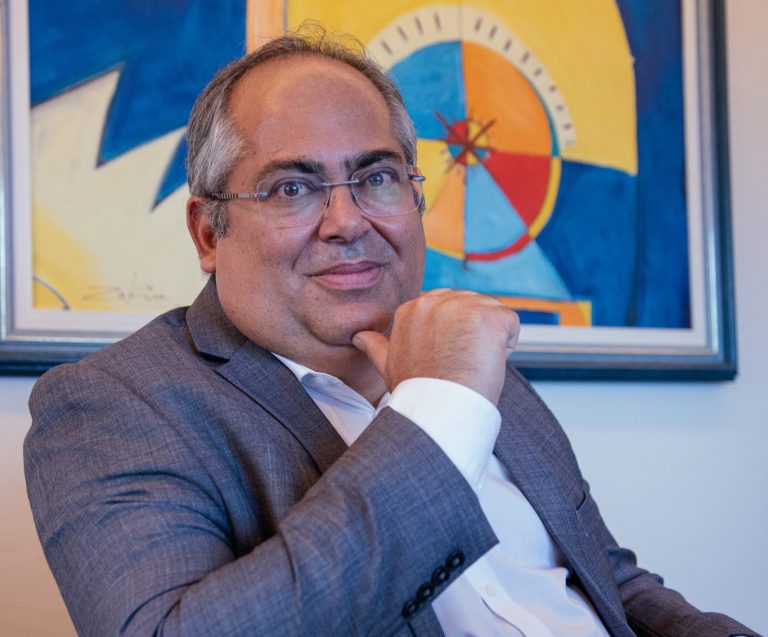By Welber Barral*
Brazil-Arab trade has posted a remarkable growth while showing good prospects for the future. Indeed, some factors shown below can have a significant impact on Arab-Brazilian economic ties.
This trade has traditionally been dominated by a handful of commodities. Brazil has historically exported sugars, poultry, iron ore, maize, and soybean. These are goods characterized by the leading competitiveness of Brazilian production as well as market factors such as the Brazilian capacity in halal goods and efficient sanitary certification mechanisms.
Brazil imports oil and oil products from Arab countries, as well as fertilizers and chemicals. These products, on the other hand, are characterized by a global competition and supply pressure, which has become notable in the case of fertilizers following the outbreak of the conflict in Ukraine.
Good results in exports to Arabs
Last year was particularly promising for Brazil-Arab trade. In 2023, Brazil posted a surplus at nearly USD 9 billion, with exports grossing almost USD 20 billion for 50 million tonnes of products. It’s an impressive number considering a consumer population that is far smaller than China’s or the European Union’s to mention other markets buying from Brazil.
Moreover, these markets show good outlooks. The two top buying markets – Saudi Arabia and the United Arab Emirates – have indeed shown concrete signs of rapprochement with Brazil.
Find more articles at:
Dubai: Opportunities for Brazilian companies to expand
Opportunities for SMEs in the Middle East
In the case of Saudi Arabia, President Lula’s trip cleared up any misunderstanding regarding the Brazilian interest despite the political change in the country. President Lula and Saudi Prince Mohammad bin Salman reaffirmed the partnership and indicated that trade between the two countries could grow to USD 20 billion by 2030. An ambitious but believable target considering the increase in bilateral investment and the internationalization of Brazilian companies in the Saudi market.
Other positive signs come from the relation with the UAE. In recent years, the two countries have signed various agreements (double taxation, visas, defense) that are strategic for fostering the bilateral relationship. In addition, and more importantly, talks for a free trade agreement between the UAE and Mercosur are back on the table.
In the 2000s, there was an initiative to advance an agreement between Mercosur and the Gulf Cooperation Council, known as GCC. The negotiations turned out to be slow and intricated and ended up being left aside by the countries involved. Now there is an environment for a negotiation with the UAE alone which could be faster and set a relevant precedent for more agreements with the region. Mercosur’s interest in diversifying its agreements and the stalled negotiations with the EU could drive the interest in advancing agreements that give further access to Arab markets.
* BMJ adviser and founding partner. Doctor in International Law (USP).
The opinions expressed within the article are solely the author’s.
Translated by Guilherme Miranda




